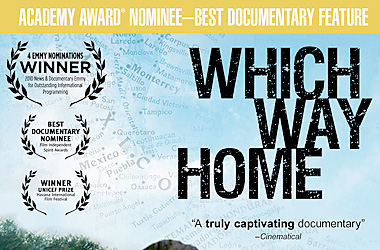The government talks of banning Jamaat and the opposition is becoming more aggressively Islamist
 Mar. 23.─ In 1961 Israel kidnapped Adolf Eichmann from Argentina and put him on trial for crimes committed 20 years earlier. Eichmann had been secretary at the Nazis' Wannsee conference that led to the Holocaust. His trial in Jerusalem was a model of meticulous process. The prosecutor was Israel's attorney-general; the defence lawyer, a leading German attorney; the proceedings were broadcast. They were everything the Holocaust was not: open, subject to evidence and challenge, and legal.
Mar. 23.─ In 1961 Israel kidnapped Adolf Eichmann from Argentina and put him on trial for crimes committed 20 years earlier. Eichmann had been secretary at the Nazis' Wannsee conference that led to the Holocaust. His trial in Jerusalem was a model of meticulous process. The prosecutor was Israel's attorney-general; the defence lawyer, a leading German attorney; the proceedings were broadcast. They were everything the Holocaust was not: open, subject to evidence and challenge, and legal.
Now consider the trials under way at the International Crimes Tribunal in Dhaka, the capital of Bangladesh. There too, men are being tried for dreadful crimes committed many years ago, in this case in 1971, during Bangladesh's war of independence from Pakistan. The defendants have been accused of genocide, mass murder, mass rape and attempting to exterminate whole groups of people. But their trials have fallen a long way short of Israel's model of due process.
- Hits: 8475
 Tegucigalpa, Mar. 11.─ Son menores de edad, pero la desintegración familiar, la pobreza y la inseguridad que no parece mermar en sus comunidades de origen, los obliga a tomar decisiones de adultos, los empuja a emigrar. En la mayoría de los casos son presa fácil de la explotación sexual y laboral, muchos de ellos desaparecen y otros tantos terminan sin vida. Ellos son los niños migrantes de Honduras.
Tegucigalpa, Mar. 11.─ Son menores de edad, pero la desintegración familiar, la pobreza y la inseguridad que no parece mermar en sus comunidades de origen, los obliga a tomar decisiones de adultos, los empuja a emigrar. En la mayoría de los casos son presa fácil de la explotación sexual y laboral, muchos de ellos desaparecen y otros tantos terminan sin vida. Ellos son los niños migrantes de Honduras. United Nations, March 7.─ Despite shrinking budgets and often-conservative political agendas, Governments throughout the world were making significant strides in expanding multisectoral approaches to eliminate violence against women, characterized by a range of integrated services to prevent abuse and support survivors, speakers said today as the Commission on the Status of Women continued its general debate.
United Nations, March 7.─ Despite shrinking budgets and often-conservative political agendas, Governments throughout the world were making significant strides in expanding multisectoral approaches to eliminate violence against women, characterized by a range of integrated services to prevent abuse and support survivors, speakers said today as the Commission on the Status of Women continued its general debate.